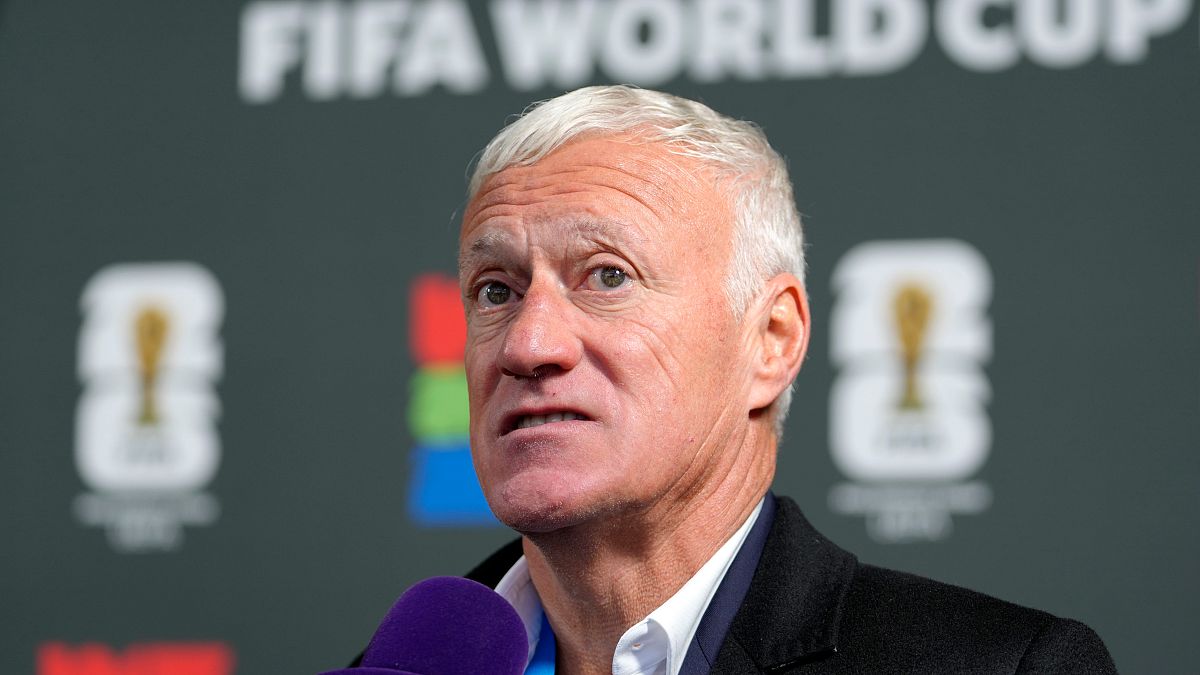European natural gas futures climbed the highest since October 2023 after Russian gas flows to Europe via Ukraine stopped on New Year's Day.
The price of the Dutch TTF, the benchmark European natural gas climbed by more than 4% to €51 per megawatt-hour, its highest level since October 2023, before easing a little, on the first trading day after Russian gas stopped flowing to Europe via Ukraine.
Freezing temperatures across the north of the region pushed prices up on Thursday morning with a backdrop of losing 5% of the EU's natural gas import as Russian import stopped entering the European Union via Ukraine on 1 January, after decades of operating, due to a transit deal expiring, raising concerns about faster storage withdrawals.
European gas inventories have been depleted at the fastest pace since 2021, sitting at around 75% due to the particularly cold weather in Europe over the past weeks.
According to the industry organisation Gas Infrastructure Europe, the volume of gas in the block's storage facilities decreased by about 19% from the end of September, when the replenishment season ends, to mid-December.
There is no risk of an immediate energy crisis or shortfall in Europe, and the European Union (EU) expects no immediate impact on consumer prices. But Europe appears to be more vulnerable to market volatility if it aims to replace its missing natural gas as gas prices have been soaring by 50% year-on-year. Higher energy prices could hurt further the bloc's competitiveness and raise costs to households.
Prices may also rise if Europe turns to increase its liquefied natural gas (LNG) imports.
Central European countries are the most vulnerable to losing access to Russian natural gas via Ukraine, even though they have an alternative route, TurkStream, to receive Russian natural gas, but that link is not sufficient to fully compensate for the loss of the Ukraine route.
Europe looks at other solutions
The impact will be felt especially in Hungary and Slovakia, for which the Ukrainian transit route met 65% of gas demand in 2023, according to Bruegel.
The European Commission laid out several solutions to help affected countries, including filling needs through supplies of Greek, Turkish and Romanian gas via the Trans-Balkan route.
All together, there is no concern that the EU will run out of gas this winter, however, refilling its storage could be more costly than expected.
Gas prices for next summer recently surged above those for winter 2025-26, which will make it more costly to restock, reports Bloomberg, citing Arne Lohmann Rasmussen, chief analyst at Global Risk Management in Copenhagen, who said: "There is an increasing risk that the EU will exit the winter with low gas storage levels, making it expensive to replenish them."

 1 week ago
3
1 week ago
3






 We deliver critical software at unparalleled value and speed to help your business thrive
We deliver critical software at unparalleled value and speed to help your business thrive






 English (US) ·
English (US) ·